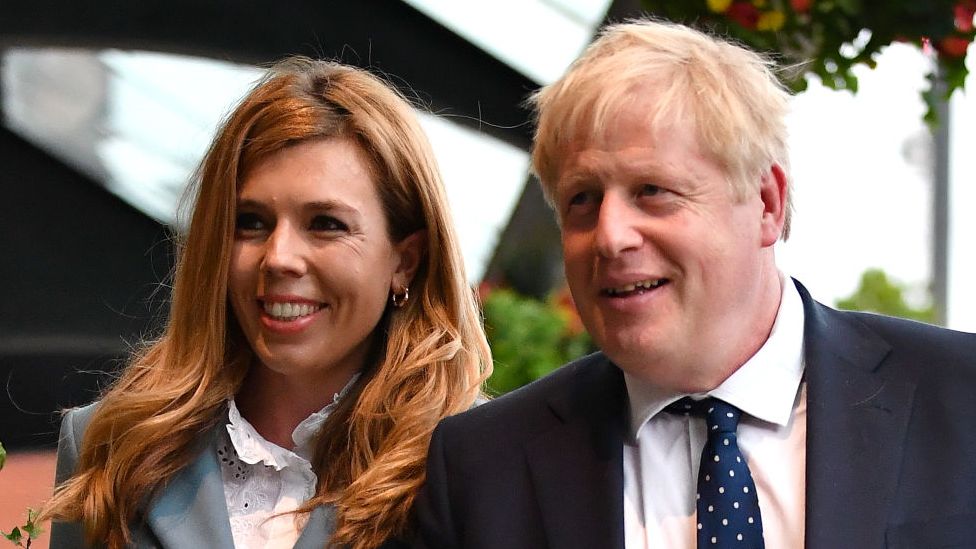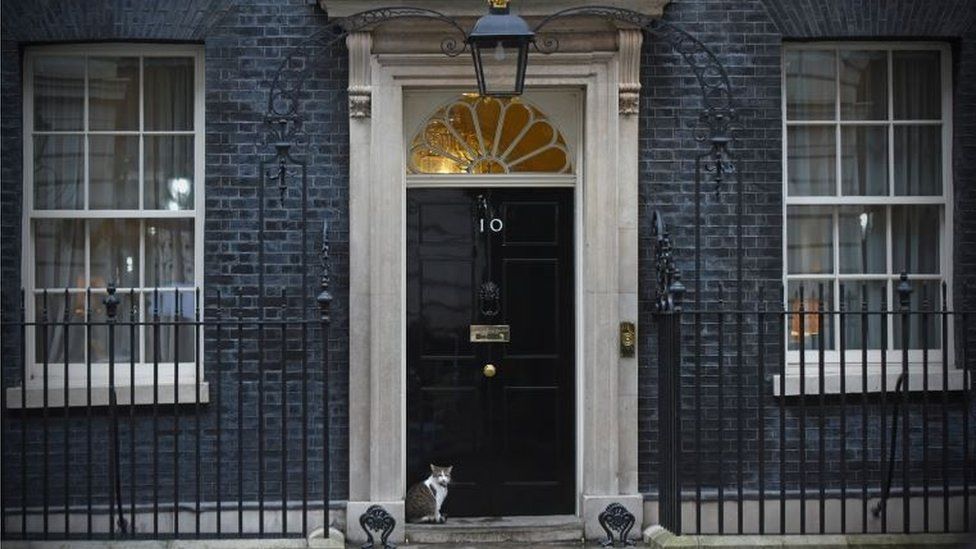
Boris Johnson is under mounting pressure over the funding of his Downing Street flat renovations.
Labour wants the prime minister to reveal the full amount spent and who paid for the work in the first place. The government insists no rules have been broken and says any donations will be declared in the proper way.
What do the rules cover?
Conflict of interest
Prime ministers are allowed to spend £30,000 a year to renovate their accommodation. The final bill for the latest refit is not known but there has been speculation that it could be as much as £200,000.
The government has refused to say whether Mr Johnson received a loan from the Conservative Party to pay for the renovations that were above the annual allowance.
If this was the case, Mr Johnson would need to demonstrate that the arrangement was consistent with the ministerial code - a government document that sets out the "expected standards" of behaviour in office.
The code makes clear there should be "no actual or perceived conflicts of interest".
Hannah White, from the Institute for Government think tank, says there could be "a problem of perception".
"There's no legal problem with the PM having taken a loan from a political party... it's more about whether there's a sense the prime minister might have a conflict if he wanted to reorganise the Conservative Party or sack the treasurer or something like that.
"He then has a financial obligation with the Conservative Party."
Declarations
There are numerous registers where political donations need to be declared, depending on who is sending and receiving the funds. Each one has its own rules about what needs to be declared and when.
Under the ministerial code, ministers are required to declare any financial benefits received. The government is supposed to publish a list of ministers' financial interests twice a year. However, the last one was released in July 2020.
The list is overseen by an independent adviser. However, the post is currently vacant after Sir Alex Allan - the previous adviser on standards - resigned in November in a row over a bullying inquiry involving Home Secretary Priti Patel.
Downing Street has said it is awaiting the appointment of a new independent adviser - which it has said will happen "shortly" - before publishing the updated list.
Separately, all MPs must declare - within 28 days - any donations which could influence their actions. This is known as the Register of Members' Financial Interests and is updated frequently.
Alex Thomas - a former principal private secretary to then cabinet secretary Sir Jeremy Heywood - believes the prime minister would be required to make a disclosure:
"If you owe someone money in this context, I would say it should be declared on that register."
There's also a third register.
Donations and loans to political parties of more than £7,500 must be reported to the Electoral Commission - the organisation which regulates political donations in the UK. This register is updated every three months.
The Electoral Commission says it is trying to establish whether any funds relating to the renovations fall within the remit of political donations, and need to be published.

What happens if the rules are broken?
If there is a breach of the ministerial code, it would normally be the prime minister who decides the sanction - such as sacking the minister responsible.
However, given that Mr Johnson is at the centre of the row on this occasion and wrote the foreword to the code, that exposes an obvious gap that's not easily resolvable.
The register of members' financial interests, on the other hand, is regulated by Parliament's Committee on Standards.
The committee, which is chaired by an MP, can carry out investigations for possible rule breaches and impose sanctions.
This includes forcing an MP to apologise or a suspension from Parliament.
Mr Johnson has previously been in hot water with the standards committee.
In 2018 - before he became prime minister - Mr Johnson made a "full and unreserved" apology to MPs for failing to declare more than £52,000 in income.
At the time, Parliamentary Commissioner for Standards Kathryn Stone ruled that the breaches were "neither inadvertent nor minor". The report noted that there had been nine payments registered by Mr Johnson after the required 28-day deadline.
"about" - Google News
April 28, 2021 at 12:22AM
https://ift.tt/3sSZPYV
Downing Street flat: What are the rules about political donations? - BBC News
"about" - Google News
https://ift.tt/2MjBJUT
Bagikan Berita Ini














0 Response to "Downing Street flat: What are the rules about political donations? - BBC News"
Post a Comment